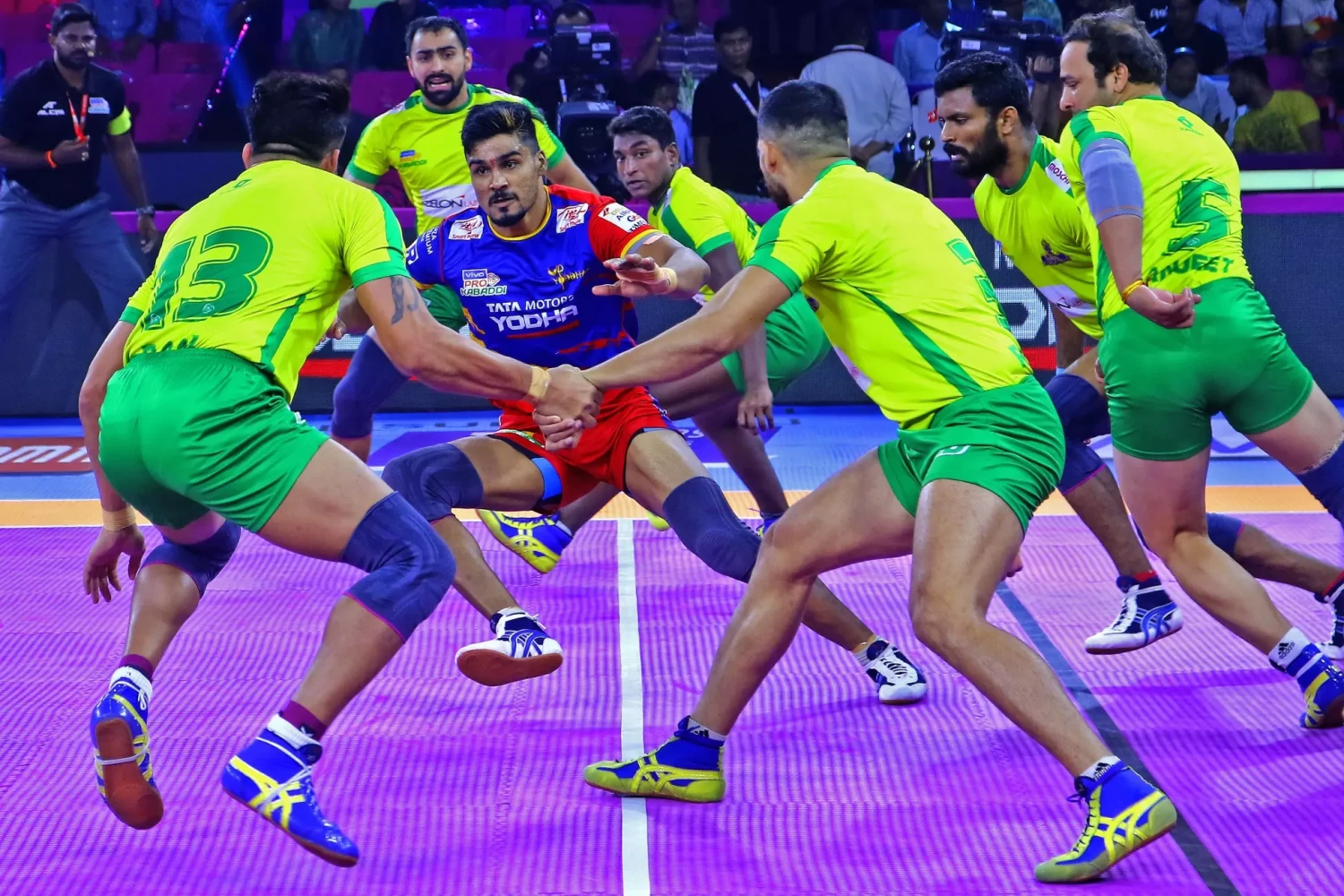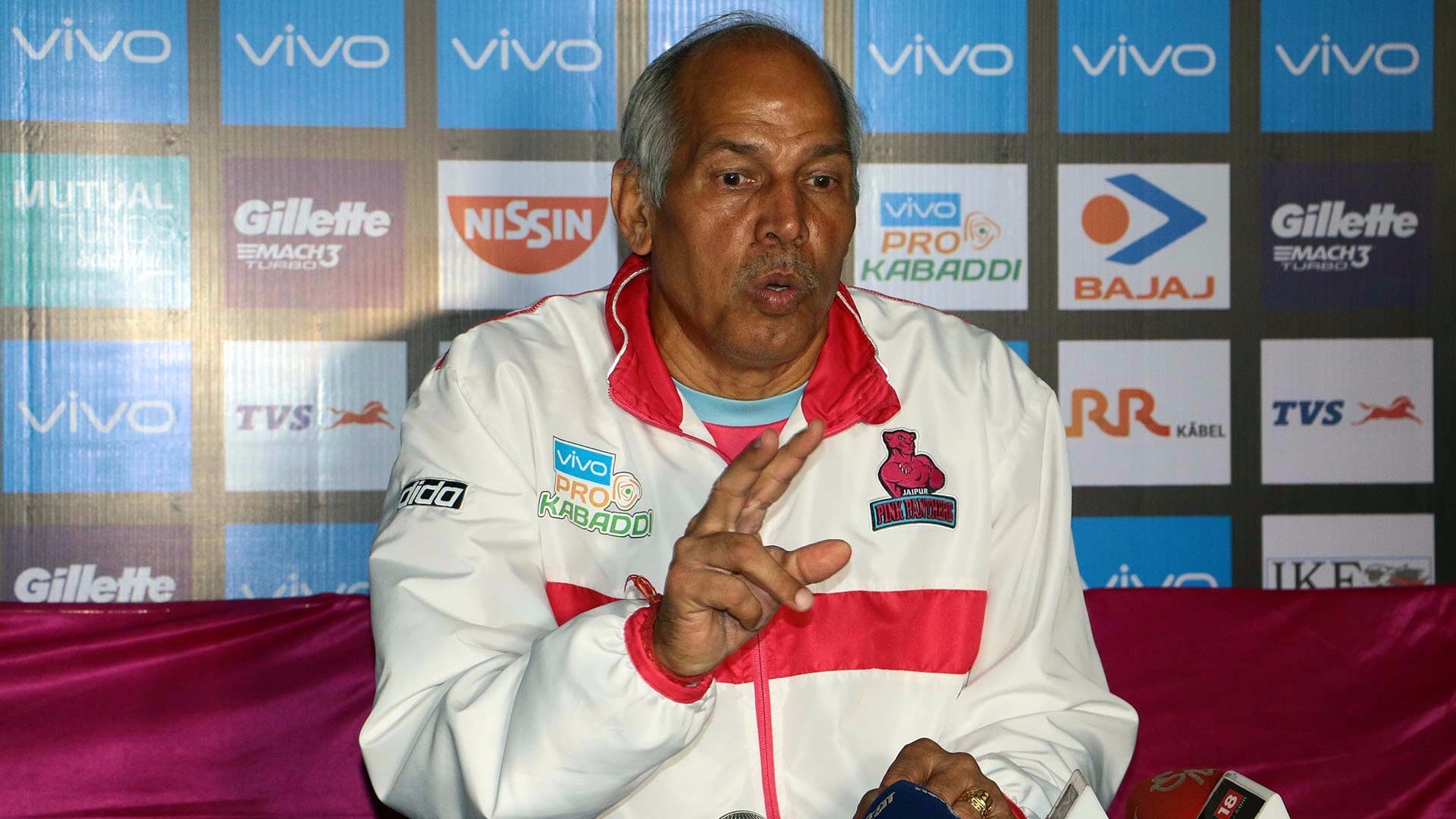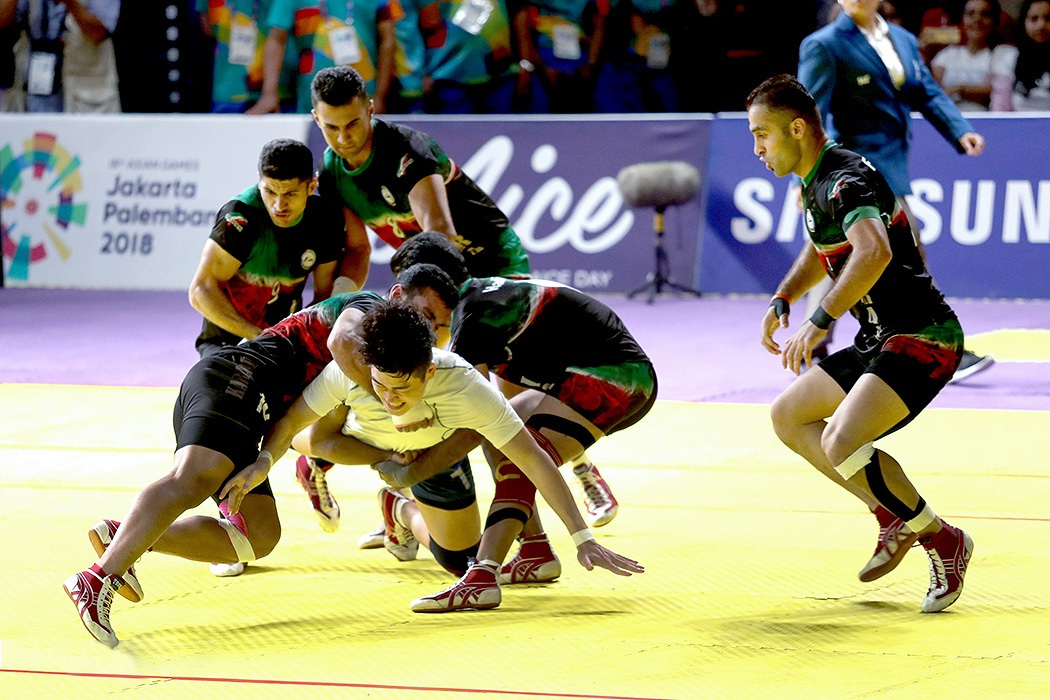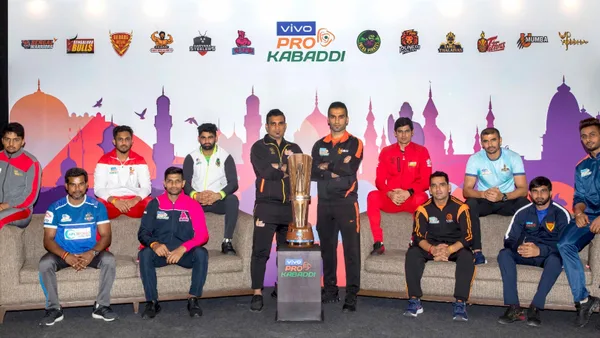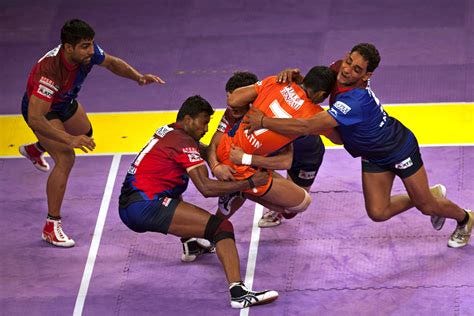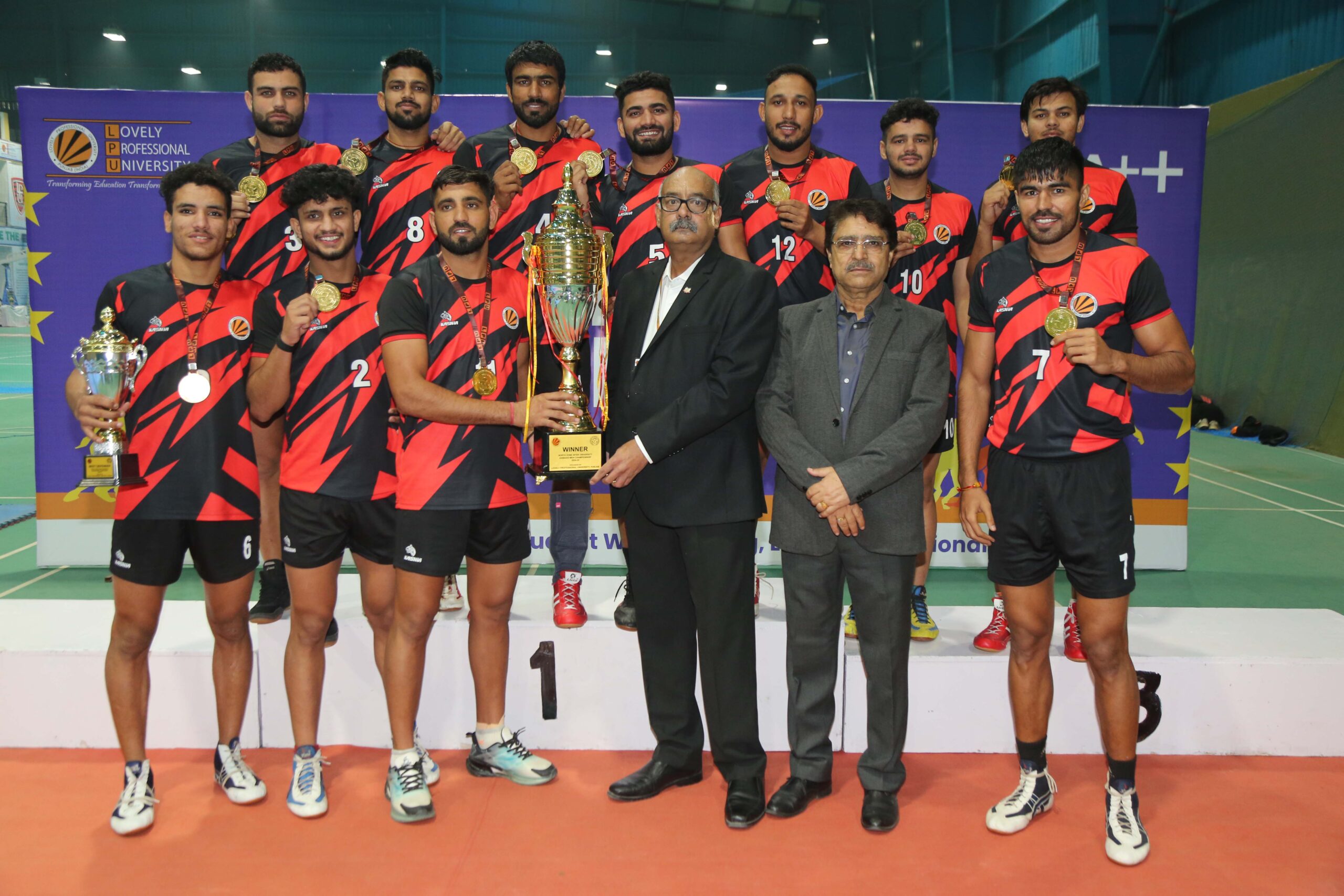While Kabaddi is physically intense, it is also a mental game that demands focus, resilience, and emotional control. The sport challenges players not only to perform physically but also to maintain composure under pressure, stay mentally sharp throughout the game, and bounce back from setbacks. In this article, we explore the mental toughness required in Kabaddi, how the sport builds emotional resilience, and why mental strength is just as crucial as physical ability in the game.
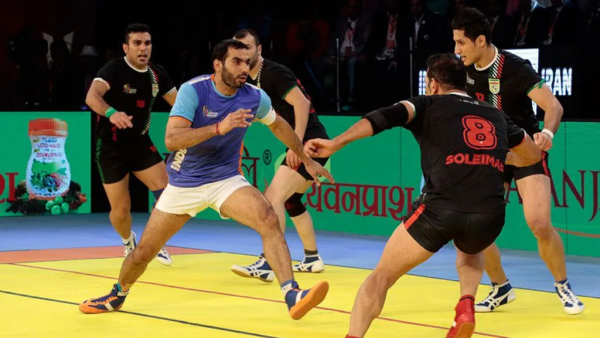
- Mental Toughness in Kabaddi: The Foundation for Success
Mental toughness is the ability to stay focused, remain positive, and perform under pressure, especially in high-stakes situations. Kabaddi players face intense physical and mental challenges during each match, where quick decision-making, emotional control, and the ability to persevere through adversity are essential.
Key Aspects of Mental Toughness in Kabaddi:
- Focus Under Pressure: Kabaddi requires players to stay concentrated despite the fast-paced nature of the game. Players must make split-second decisions while being physically challenged by opponents. Maintaining focus throughout the match is crucial for executing successful strategies and making impactful plays.
- Emotional Control: Kabaddi can be an emotionally charged sport, with players often feeling frustration after a failed raid or tackle. A mentally tough player can quickly overcome these emotional setbacks and maintain their focus on the next play. Managing emotions is vital for consistent performance.
- Resilience in Adversity: Kabaddi players face physical and mental challenges, including tackles, missed opportunities, and fatigue. Resilience allows players to recover quickly, stay motivated, and continue fighting for their team despite the obstacles they face.
Advanced Tips for Kabaddi Players:
- Train the Mind: Mental training is just as important as physical training. Kabaddi players should incorporate mindfulness, visualization, and focus exercises into their routine to build mental toughness.
- Learn from Setbacks: Every mistake or setback is an opportunity for growth. Players should learn how to bounce back quickly and stay focused on their long-term goals.
- Emotional Resilience in Kabaddi: Overcoming Setbacks and Failures
Emotional resilience is the ability to stay strong and positive in the face of adversity. Kabaddi, with its physical intensity and high emotional stakes, requires players to build emotional resilience to perform consistently at a high level. Players often encounter situations where they face challenges, but developing emotional resilience allows them to overcome these difficulties without losing focus or motivation.
How Kabaddi Develops Emotional Resilience:
- Handling Pressure: Kabaddi players often face high-pressure situations, such as being the last raider in a tied game or defending a crucial point. The ability to handle pressure, remain calm, and make effective decisions is a hallmark of emotional resilience.
- Recovering from Mistakes: In Kabaddi, failure is inevitable. A raider might miss a point, or a defender could fail to tackle an opponent. What sets resilient players apart is their ability to recover quickly, learn from mistakes, and refocus on the game.
- Maintaining Positivity: Despite the physical toll and setbacks during a match, emotionally resilient players maintain a positive attitude. A positive mindset helps them stay motivated and focused, pushing through fatigue and frustration.
Advanced Tips for Kabaddi Coaches:
- Incorporate Mental Training: Coaches should include mental resilience exercises in their training sessions, such as teaching players to focus on breathing, relaxation techniques, and mental reset practices after a mistake.
- Encourage a Growth Mindset: Encourage players to view challenges and failures as opportunities for growth. Helping players develop emotional resilience will ensure they maintain their focus and composure during difficult times.
- The Role of Focus in Kabaddi: Staying Sharp Amidst Chaos
Focus is the ability to direct one’s attention to the task at hand despite distractions. In Kabaddi, where players are constantly engaged in physical contact and quick decision-making, maintaining focus is essential for both offense and defense. The ability to stay sharp throughout the game allows players to execute their strategies effectively and avoid costly mistakes.
Focus in Kabaddi:
- Concentration During Raids: During raids, the raider needs to focus on reading the defense, timing the attack, and making quick decisions. Any lapse in concentration can lead to a failed raid or an easy tackle for the defense.
- Defensive Focus: Defenders need to stay focused on the raider, anticipate their moves, and maintain position. Losing focus can allow the raider to break free or score an easy point.
- Mental Fatigue and Focus: Kabaddi is a physically demanding sport that can cause mental fatigue. Maintaining focus throughout the match, especially during the latter stages, is a skill that separates the top players from the rest.
Advanced Tips for Kabaddi Players:
- Mental Conditioning: Players can improve their focus by practicing mental conditioning exercises, such as meditation and concentration drills. Developing a routine for mental preparation before a match can help players stay focused and sharp.
- Practice Mindfulness: Mindfulness techniques can help players stay present in the moment and avoid distractions. Encouraging players to stay focused on the game rather than worrying about the outcome will help them perform at their best.
- The Importance of Team Support in Developing Mental Toughness
While mental toughness is an individual trait, Kabaddi is a team sport, and players rely on their teammates for support. The camaraderie and mutual support among players play a significant role in developing mental toughness. In moments of physical and mental fatigue, having a supportive team environment helps players stay motivated and maintain their focus.
How Kabaddi Builds Team Mental Toughness:
- Team Motivation: Players often draw strength from their teammates. When one player is struggling or feeling mentally fatigued, the encouragement and motivation from the team can help them push through.
- Positive Reinforcement: In Kabaddi, players encourage each other during both victories and defeats. This positive reinforcement fosters a strong team spirit and helps players maintain their mental focus, even during tough times.
- Collective Resilience: The team’s ability to bounce back after a tough moment, whether from a failed raid or a lost point, is what makes Kabaddi such a mentally demanding sport. A resilient team supports each other through challenges, helping the players maintain their composure.
Advanced Tips for Kabaddi Coaches:
- Foster Team Spirit: Coaches should create a supportive environment where players encourage each other. Building strong team bonds is crucial for developing the collective mental toughness required to succeed in Kabaddi.
- Promote Group Mental Training: Encourage the team to engage in collective mental training, such as group meditation, visualization, and team-building exercises, to improve mental resilience as a unit.
- Kabaddi’s Psychological Impact: Building Mental Strength for Life Beyond the Mat
The mental toughness developed through Kabaddi extends far beyond the sport itself. The psychological strength that players develop on the mat can help them tackle challenges in everyday life, whether in academics, personal relationships, or professional careers. Kabaddi’s emphasis on mental toughness, focus, and emotional resilience provides players with valuable life skills.
Life Lessons Learned from Kabaddi:
- Perseverance in Adversity: Kabaddi teaches players to keep pushing forward, no matter how difficult the challenge. This perseverance is a valuable lesson that players can apply to various aspects of life.
- Dealing with Pressure: Players learn how to handle pressure and make decisions under stress. These skills are transferable to many situations in life, including work and personal challenges.
- Building Confidence: Success in Kabaddi helps players build confidence in their abilities. This confidence boosts their self-esteem and prepares them to take on new challenges both on and off the mat.
Advanced Tips for Kabaddi Players:
- Use Kabaddi as a Tool for Growth: Kabaddi can be a powerful tool for personal development. Players should recognize the mental strength they develop through the sport and apply it to all areas of their lives.
- Embrace Challenges: The challenges players face in Kabaddi will help them build resilience. Players should embrace these challenges as opportunities for growth and use them to build strength in other areas of their lives.
